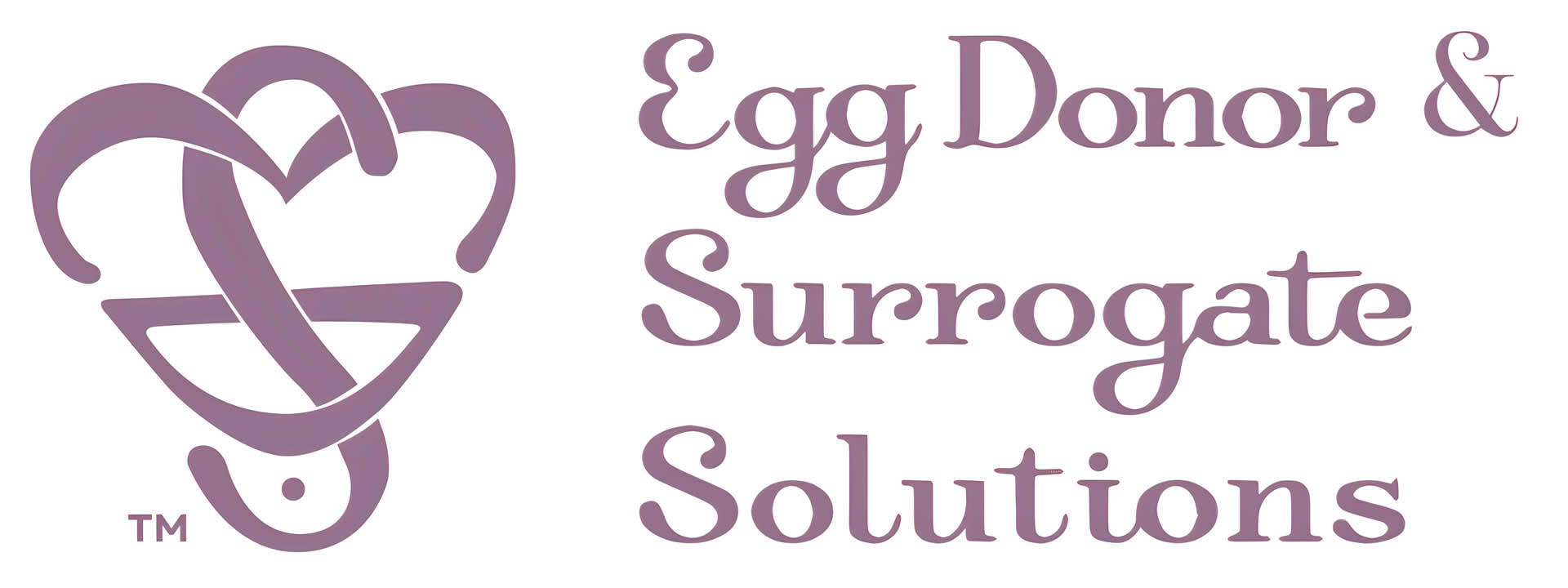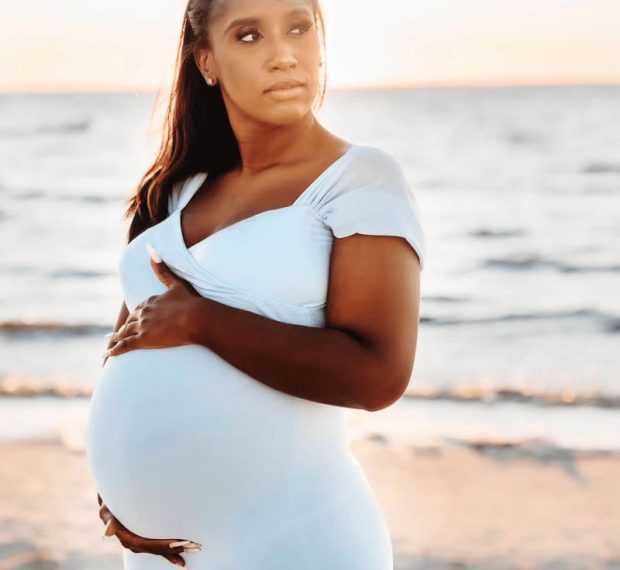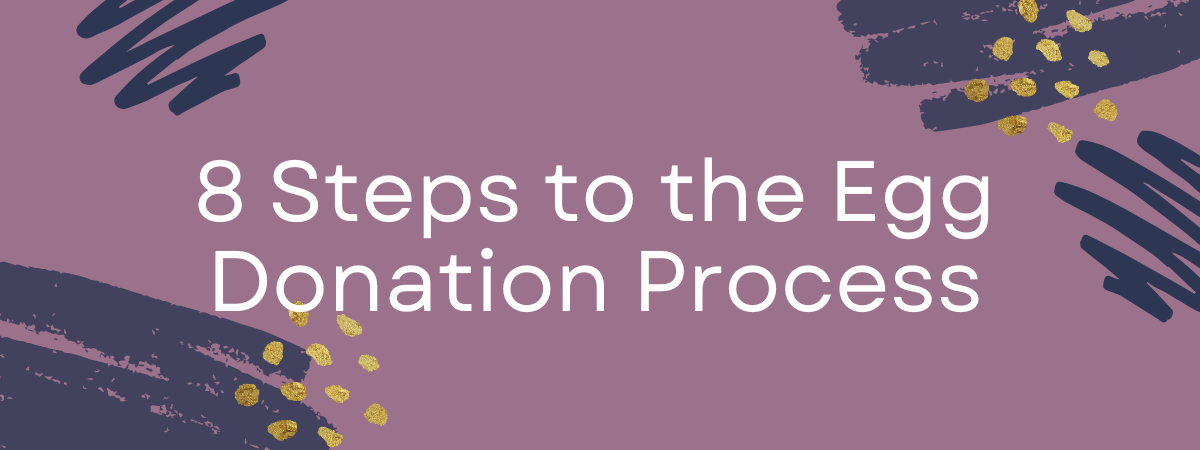Have you considered becoming an egg donor and are wondering where to start? First and foremost, we want to help educate you on the process so you can feel confident it is the right decision for you.
Helping intended parents create their families through egg donation is one of the greatest gifts you can provide for someone else. Upon selecting a donor, intended parents become fully invested, so it is important that our donors understand the requirements and are committed to the process.
Our team at Egg Donor Solutions (EDS) is dedicated to guiding and supporting our donors throughout the journey. Below is a brief overview of the process.
1. Requirements and application
There are some basic criteria (including age, health, education, etc.) that women must meet to be considered for our egg donor program. If you meet the criteria, the first step is to complete an application on the EDS website. Our team will review your application and reach out to schedule an interview. We will explain the process in detail and answer any questions you may have, as well as complete a background check.
2. Creating a profile
Once accepted into our program, we will walk you through how to create your profile for our egg donor database, which is searched daily by many intended parents. Donors whose profiles include high-quality photos, videos and detailed answers to the questions are matched faster. Check out our tips for how to make your profile stand out and get selected as an egg donor.
3. Waiting to be matched
Waiting to be matched is often the hardest part. It may take just a few days or weeks, or it could take up to a year. Sometimes intended parents want more information about a donor before committing to a match. In that instance, we will reach out with additional questions. Once you are selected and you confirm that you want to move forward, you will sign an agreement with our agency and be assigned a Care Coordinator who serve as your point of contact.
4. Medical and psychological screening
Once matched, it takes approximately 12 weeks to complete the egg donation process. You will first complete a series of medical tests, including a vaginal ultrasound, bloodwork and genetic screening. You will also be tested for drugs and sexually transmitted diseases (STDs). The primary physician at the intended parents’ fertility clinic will most likely want to see you in person. If the clinic is not in your local area, your Care Coordinator will make your travel arrangements. In addition, you will meet with a psychologist for MMPI testing and to ensure that you understand and are prepared for the egg donation process
5. Legal agreements
Once you have been cleared by the physician and psychologist, you will meet with an attorney who specializes in reproductive law to complete a contract that will be signed by both you and the intended parents. While not all agencies or clinics require a direct agreement between the donor and intended parents, we believe this is a critical step in the process. The agreement establishes parental rights for the intended parents and relinquishes the donor of any obligations. It also outlines the donor’s compensation and any blackout dates, covers the disposition of embryos, and specifies any arrangements that will be made for ongoing or future contact (agreed upon in advance by both parties).
6. Starting the medication
Once the legal contract has been signed, the actual medical process starts. Depending on your proximity to the fertility clinic, you will either visit the primary clinic for your medical appointments or a “monitoring clinic” in your local area. Your cycle will be synched with the intended mother or gestational carrier (also called a surrogate), then you will begin the fertility medication that will stimulate your ovaries to produce eggs. During this time, you will attend regular monitoring appointments to track follicle growth. The recipient will also be taking medication at this time to prepare her uterus for the embryo transfer
7. Egg retrieval
Once the follicles reach the optimal size, it’s time for the egg retrieval. If you are a traveling donor, you will be gone about a week to complete the final phase of monitoring and the retrieval at the fertility clinic. The egg retrieval procedure is done under conscious sedation (you will be asleep) and takes about one to two hours. Following the procedure, you will be instructed to rest for the remainder of the day. You may experience some minor discomfort, but most donors are able to resume normal activities the next day. Once the retrieval is complete, your part is done. Your Care Coordinator will check in with you, and your compensation will be sent via check.
8. Egg fertilization and embryo transfer
Once the eggs are retrieved from the donor, they are fertilized with the intended father’s or donor’s sperm to become embryos. Three to five days later, the embryos (typically one or two) are transferred to the recipient’s uterus. This will either be the intended mother or a gestational carrier. Any remaining embryos can be cryopreserved for future use. A pregnancy test will be done approximately two weeks later. You will be informed of the results. Hopefully, the test is positive, and you will take great pride in knowing that you helped create a family!
Our website offers a more detailed overview, including a video to help explain the process. If you are interested in becoming an egg donor, we encourage you to connect with our team for more information. We would love to speak with you!













